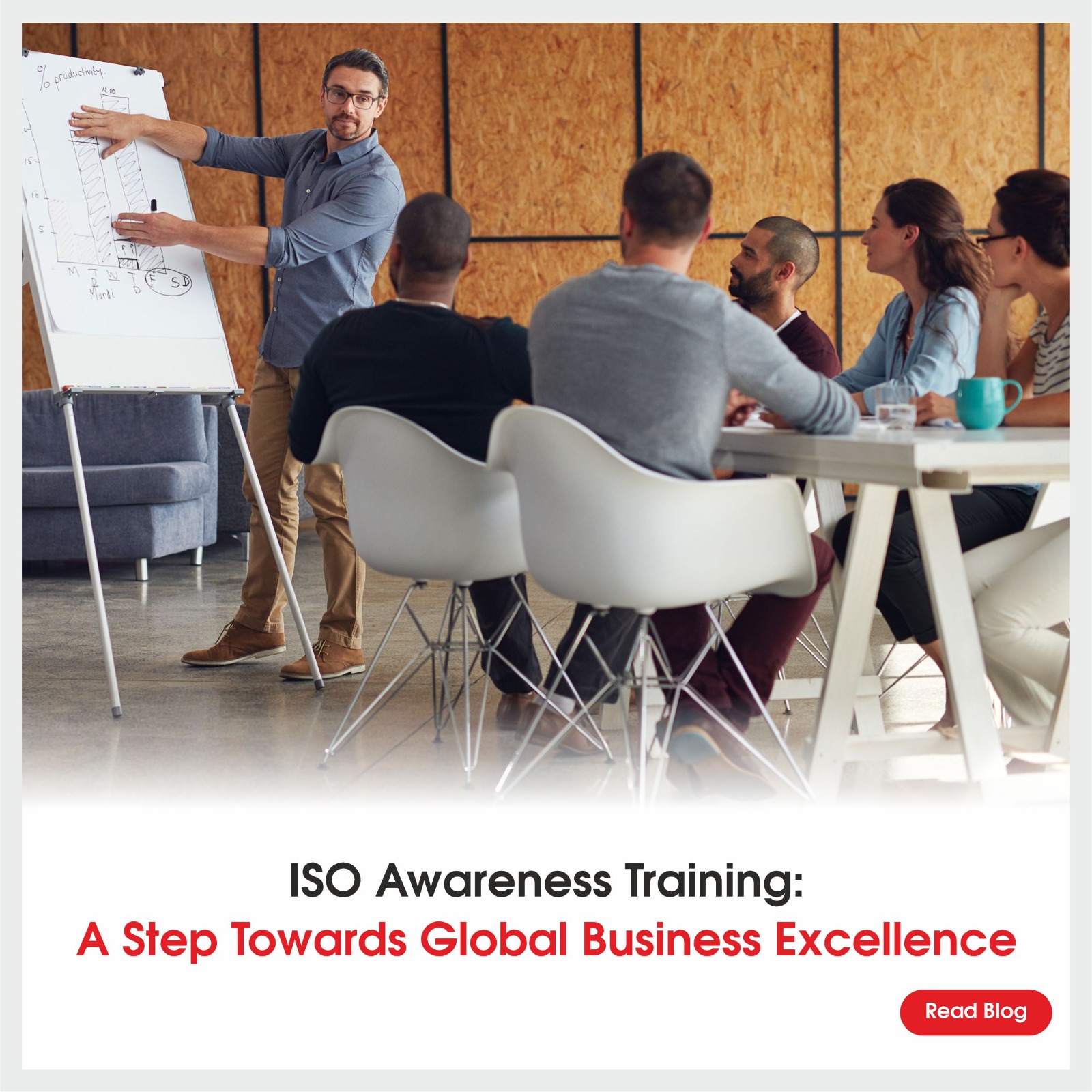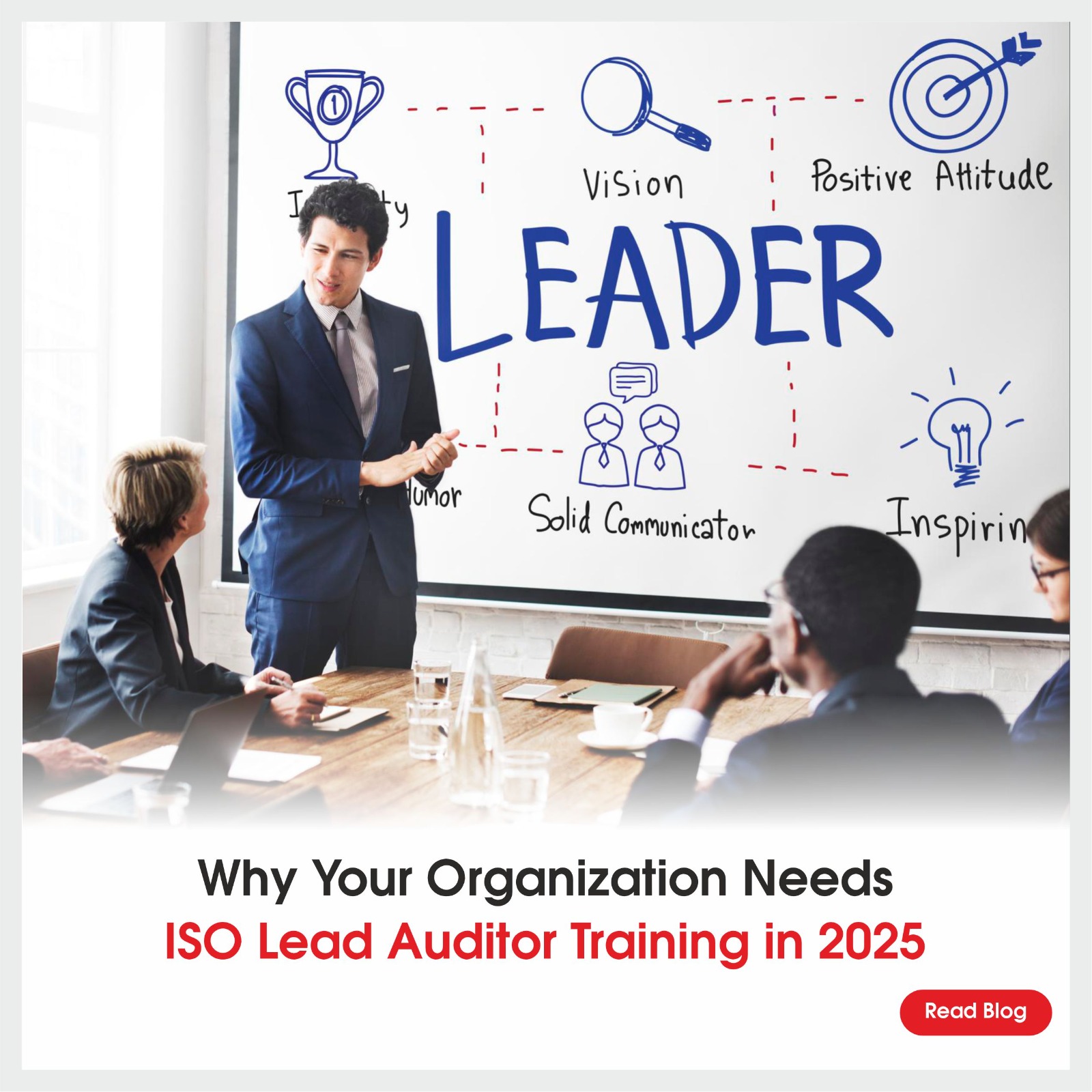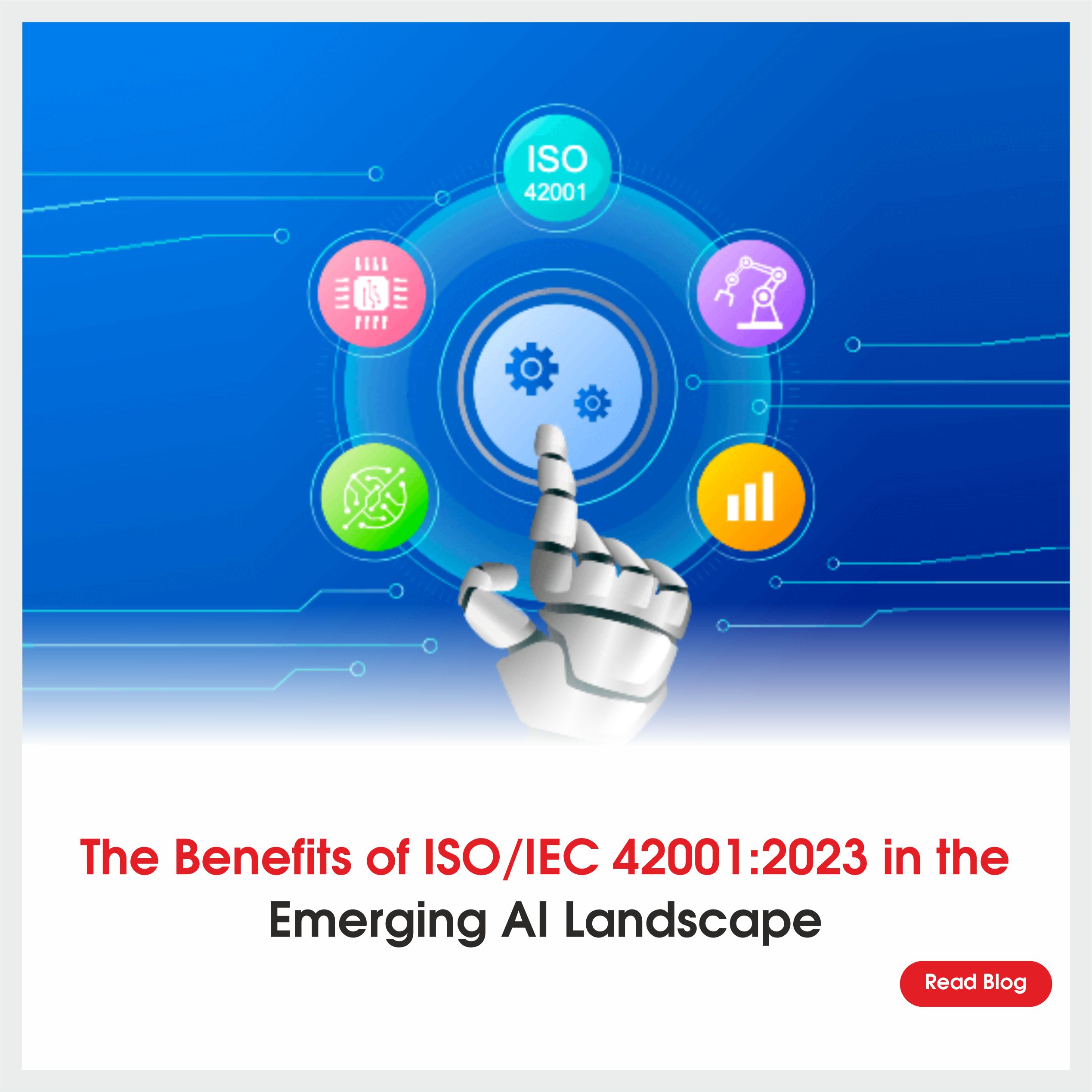GET ISO CERTIFICATION IN FINLAND
CONTACT WITH US
SIS Certifications leading ISO Certification Body partners with our clients to gain sustainable competitive advantages in the market. Get ISO Certification online in Finland for your business.
ISO Certification in Finland
In northern Europe, Finland is a country belonging to the Nordic region. Various industries now consider Finland as their home. Finland is ranked 16th in the world by nominal GDP per capita as of 2022, according to the IMF. Finland is known as one of the richest countries in the world because of its complex welfare system, which includes free public healthcare and education.
With a 72.7% GDP contribution, the service sector is the most significant in Finland, followed by manufacturing which is the key economic sector of Finland. The largest industries are electronics, machinery, vehicles and other engineered metal products forest industry and chemicals.
In many industries, ISO certificates are essential for guaranteeing compliance with quality requirements. These certificates are highly regarded in Finland since they show a dedication to quality and ongoing development.
Companies in Finland that get ISO certification demonstrate their commitment to fulfilling global quality standards. These certifications not only increase the organization’s legitimacy but also create new avenues for development and expansion on a national and international scale.
Finland’s businesses use certifications such as ISO 9001 for quality management systems and ISO 14001 for environmental management to improve customer satisfaction, reduce risks, and simplify operations. Organizations in Finland may support sustainable practices and maintain their competitiveness in the international market by following these guidelines.
ISO Certification and its benefits to different industries: -
⮞ The supply chain will become more stable and reliable in an increasingly global economy as more organization gets certified.
⮞ The biggest advantages for users are operational certainty and financial gains because standardization ultimately lowers supplier costs.
⮞ Standardization enables your business to conduct worldwide trade with the confidence that all goods or inputs utilized in its operations will be compatible and consistent.
⮞ Standards enable “one-of-a-kinds” to be eliminated, technology to be widely reused, and paperwork and training expenses to be reduced.
⮞ It offers worldwide recognition, which promotes interaction with partners, consumers, and the global business community.
Various ISO Standards required for different industries in Finland are: -
ISO 9001:2015 certification
ISO 9001:2015 is a worldwide standard that defines the requirements for a successful Quality Management System. It outlines the specific processes, procedures, and activities that firms must establish, execute, maintain, and improve to effectively manage the production and delivery of goods and services. A certificate is granted by a third party to increase client confidence that the organization has a system in place to satisfy their demands. ISO 9001:2015 certification in Finland may assist organizations boost their career prospects and employability, making certificate holders more marketable for leadership or managing roles. It can establish a good quality management system in the organization.
ISO 41001:2018 Certification
ISO 41001:2018 provides the standards for a Facility Management (FM) system to guarantee that an organization’s FM operations are effective and efficient in supporting demand business. ISO 41001 sets forth guidelines and best practices that help organizations enhance their operational efficiency, optimize resource allocation, and ensure the well-being of employees and stakeholders. By implementing ISO 41001 in Finland businesses can streamline their facility management processes, improve productivity, and reduce costs. It helps businesses to improve their decision-making processes by offering a systematic approach to facility management. It also assists in identifying possible hazards and possibilities for improvement in the organization’s facilities management processes.
ISO 37001:2016 Certification
ISO 37001 is an international standard governing the Anti-Bribery Management System (ABMS). It offers businesses a framework for identifying, assessing, and mitigating bribery risks in their operations. It also assists them in developing and maintaining an ethical culture by directing and establishing processes and controls to guarantee compliance with relevant laws and regulations. Businesses in Finland may combat bribery and foster amoral company culture by implementing an anti-bribery management system that meets the ISO 37001 standard. It entails undertaking a risk assessment for ISO 37001, putting up anti-bribery measures, an anti-corruption program, and a bribery reporting system.
ISO 22301 Certification
ISO 22301:2019 is the worldwide standard for Business Continuity Management (BCM). It is intended to assist enterprises in protecting their business operations against disruptions and ensuring the continuity of services. The standard describes the best practices for creating, deploying, running, monitoring, and maintaining a Business Continuity Management system. It also explains how to respond to incidents and manage the risks related to them. The implementation of an ISO 22301-based BCMS in Finland can demonstrate that the company complies with legal and regulatory standards, reducing the likelihood of facing sanctions for breaking the law. Business continuity management thoroughly evaluates the impact of the disruption to determine the products and services critical to the organization’s existence.
ISO/IEC 27001:2022 Certification
ISO/IEC 27001:2022 Information Security Management Systems specifies guidelines for businesses looking to create, implement, maintain, and continuously improve an information security management system. This framework serves as a guideline for regularly checking the security of your information, demonstrating dependability and adding value to your organization’s services. ISO 27001 certification in Finland can assist organizations in demonstrating that they have a robust and reliable system to protect the data of their clients, partners and stakeholders and will help them comply with the legal and regulatory requirements that apply to their industry.
ISO 27701:2019 Certification
ISO 27701:2019 is an international standard that specifies how to create, deploy, manage, and continuously improve a PIMS. It assists firms in identifying possible risks associated with privacy breaches and describes appropriate mitigation strategies.
Implementing a Privacy Information Management System (PIMS) allows firms to adopt a proactive approach to data security. It enables them to create explicit responsibilities for handling personal data over its entire lifespan, from collection to processing, storage, transfer, and destruction. Many jurisdictions have strict data privacy regulations, such as the European Union’s General Data Protection Regulation (GDPR). Organisations in Finland can demonstrate compliance with these laws by implementing ISO 27701, potentially avoiding fines and penalties.
ISO 14001:2015 Certification
ISO 14001:2015 is an international environmental standard created by the International Organization for Standardization (ISO). This standard seeks to help businesses create and manage an Environmental Management System (EMS). The goal of an EMS is to assist companies in managing their environmental effect and improving their sustainability performance. An efficient EMS may assist in decreasing environmental hazards, waste, and energy consumption, while also improving resource efficiency. Businesses in Finland may enhance their company performance and minimize expenses by implementing an efficient energy management system (EMS) that also guarantees adherence to environmental norms and legislation.
ISO 45001:2018 Certification
ISO 45001:2015 is an international standard that outlines the standards for an occupational health and safety management system. It provides a framework for managing risks and opportunities for businesses to help avoid worker sickness and accidents. ISO 45001 allows organizations in Finland to use a single framework to establish more comprehensive occupational health and safety procedures. ISO 45001 may be applied in any business, regardless of size, kind, or nature. ISO 45001 certification has several advantages, including lowering the total cost of events, lowering the cost of interruption to accidents, and improving the capacity to respond to regulatory compliance concerns.
ISO 22000:2018 Certification
ISO 22000:2018 is an international standard for Food Safety Management Systems (FSMS) that is intended to assure the safety of food items during manufacturing and distribution. It outlines the standards for a food safety system that includes Hazard Analysis and Risk-Based Preventive Controls (HACCP), as well as product traceability, personnel training, and monitoring. Organizations in Finland can implement robust food safety management systems to respond promptly and effectively to concerns that may threaten the safety of their foods. This may prevent contamination and other food safety issues from occurring. Furthermore, the company can respond effectively to unanticipated situations due to the availability of emergency preparation measures. In the uncommon event that contamination occurs, a good FSMS guides businesses in a way that makes it easy to identify the cause of any food safety breaches or security failures. As a result, the problem is immediately fixed, and reoccurrence is avoided.
ISO 13485:2016 Certification (Non-implantable devices)
ISO 13485 is a global standard for quality management systems in the medical device sector. Compliance with this standard reflects an organization’s commitment to consistently addressing customer needs while complying with relevant regulatory obligations.
Non-implantable devices are devices that engage with the human body but do not remain inside the human body. The management of these devices is very crucial. Since these devices provide new risks and dangers to the patient, the ISO 13485:2016 standard provides extra guidelines for managing them. Under clause 3.6 of the ISO 13485:2016 standard, an implanted medical device is described as a “medical device which can only be removed by medical or surgical intervention.”
ISO 42001:2023 Certification
ISO/IEC 42001:2023 defines how to develop, implement, manage, and continually improve an Artificial Intelligence Management System (AIMS). The aims and objectives, procedures, size, structure, and role of the organisation all have an impact on the design and execution of AIMS. The ISO 42001 standard can enable businesses of all sizes (and industries) in Finland with a common language and standardized method for creating, implementing, and maintaining AI systems. It will allow them to assess how successfully the company balances AI governance with innovation.
CMMI
The Capability Maturity Model Integration, or CMMI, is a process model that outlines what an organization should do to encourage behaviours that lead to enhanced performance. The CMMI specifies the most critical aspects necessary to produce outstanding products or offer great services with five “Maturity Levels” and bundles them all up in a complete model. Professionals can become more disciplined in their work by learning practices that are taught during CMMI training. Organisations in Finland may contribute to the establishment of productivity-boosting procedures inside the company by studying how to optimize operations. Project teams can also benefit from standardized processes as they can plan for upcoming tasks and minimize waiting time for work.
VAPT
VAPT is the process of finding vulnerabilities in an organization’s systems, networks, and applications using thorough evaluations. These assessments are carried out by qualified cybersecurity specialists who mimic real-world assaults to discover potential flaws that criminal actors may exploit. By doing VAPT, enterprises may remedy these vulnerabilities before they are exploited by hackers.
Data breaches and cyber threats are becoming increasingly prevalent, Information Technologies Industries in Finland must prioritize vulnerability assessment and penetration testing (VAPT) as part of their security measures. Vulnerability assessment involves identifying potential weaknesses in a network or system that could be exploited by hackers. By conducting regular assessments, IT industries can proactively identify and address vulnerabilities before they are exploited, thus minimizing the risk of data breaches and unauthorized access. Furthermore, VAPT assists in training the organization’s workers on the need for security safeguards and how to respond in the case of a breach.
HIPAA
The Health Insurance Portability and Accountability Act of 1996, also known as HIPAA, is a set of regulatory guidelines governing the proper use and sharing of protected health information. The Department of Health and Human Services (HHS) regulates HIPAA compliance, and the Office for Civil Rights (OCR) enforces it.
One of the most significant advantages of HIPAA is that it allows companies to focus on the security of their physical infrastructure, such as where and how servers, computers, and PHI should be housed. Surveillance cameras, alarm systems, and other physical security measures are also in place.
HITRUST
After implementing a HITRUST security program and attaining certification, organizations in Finland that do not have a formal security program or a loose set of security controls will have better security requirements.
ISO Certification training
ISO training may be categorized as a kind of practical developmental course that sets out international standards for using quality management tools and rewarding safety. This not only gives knowledge and skills to employees for creating processes and implementing their procedures but also meets all the requirements of ISO standards. While implementing this program, business entities will be able to implement the production of the high-quality and safe products and services referred to. Furthermore, it can serve as a facilitator in increased customer satisfaction which is mainly due to the lawful business conduct of that organization. ISO training is a must in the working life of the leaders of every successful business. The advantages of ISO coaching for firms include optimization of business processes, maintenance of quality excellence, and, most importantly, compliance with the regulations that govern environmental activities and the specific industry. Management of ISO training both automatically and routinely is required to get the biggest torrent of possible benefits from this training. We have a highly educated staff with expertise in training, which they offer as a service. These include auditing of management systems to the criteria of the corresponding ISO standards.
WHY CHOOSE US?
SIS certifications is one of the leading ISO certification bodies. SIS certifications is among the best and most reliable ISO certification bodies. We are accredited by International Accreditation Services (IAS) and the United Accreditation Foundation (UAF) Services. We have enhanced the worth of our partner and client through assessment, certifications, and services concerning auditing. We have the privilege of serving more than 15000 clients from over 55 countries. Our highly qualified team of experts offer their services in auditing management systems against the requirements of respective ISO certifications. Our huge umbrella of ISO certification services includes certificate issuance of ISO 9001, ISO 14001, ISO 22301, ISO 21001, ISO 27001, ISO 37001, ISO 41001, ISO 45001, ISO 50001, ISO 13485, ISO 22000, HACCP, ISO 27001, ISO 42001, CMMI, VAPT, HIPAA, HITRUST, SOC, PCI DSS, Product Certifications, training etc.
List of Standards
List of Industries
Looking for ISO Certification or Training Services?
Join one of the India’s leading ISO certification bodies for a straightforward and cost-effective route to ISO Certifications.
LATEST NEWS & BLOGS

ISO Awareness Training: A Step Towards Global Business Excellence
In today’s fast-paced and competitive world, businesses strive to stand out. Achieving global recognition and operational excellence is no longer

Why Your Organization Needs ISO Lead Auditor Training in 2025?
In today’s competitive business world, maintaining high standards of quality, environmental management, and occupational health and safety is crucial. Organizations

The Benefits of ISO/IEC 42001:2023 in the Emerging AI Landscape
As artificial intelligence (AI) continues to reshape industries, the need for robust governance and ethical development has never been more
